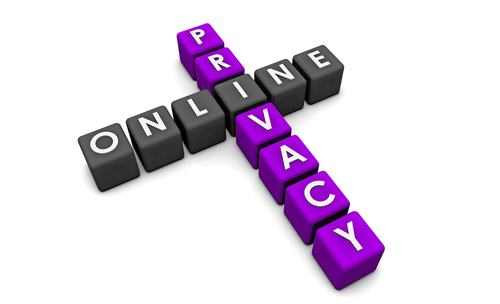The waves of web are extending rapidly and everybody is going
online. Are you also an Internet addict or a simple Internet user? Whatever is,
you might be familiar with the scams on Internet that keep happening. While
working online, every user is very much concerned about his/her identity, and
in fact he/she should be, as there is big risk to your
identity while working
online. Some websites may sell your private information for some bucks, so it
is your duty to protect your identity online. How to do it? Well, you need not
to be confused about it as I am up with the best tips to protect your identity
online.
Read Website's TOS
While surfing the web, you might have come across many websites
which require you to register on them. Right? Well, the common example is
social networking websites which almost every web user use, and which require
user to register on it. While registering you are asked that whether you have
read the 'terms and services' and agree with it. Almost 99 percent of users
answer it as 'Yes' even without reading it in real. This may be due to big
terms of services or due to lack of time to user. Whatever is, doing so is
really a foolish part as by this, you give all rights to the website to do
whatever they want, whatever they listed in its terms of services. But as you
did not read them, you don't know what powers you are giving to the website,
you are registering on. This is the fist step towards losing your online
identity, and you are responsible for it yourself.
Limit your Exposure
As an Internet user, I have seen many times the users sharing
every single information on social networking websites. This is good to do, but
not from the privacy point of view. A recent report said that some naughty
folks are downloading Girls' photos from social networking giant Facebook, and
are using them in some inappropriate content by using Photoshop. Every user
must know the limits to which he/she shares his/her information on social
networking website. In fact, it is you from where the protection starts. Make
sure to be social online, in limits. If you don't do so, then you should also
not shout about the protection of online
identity.
Use Anonymous Proxy
If you don't want to share your details like IP address,
location etc, then you should consider using Anonymous proxy. It protects your
online identity behind a server, located at different location, depending on
the proxy you use. You can find hundreds of active anonymous proxies by just
searching for them in Google.
Implement these tips on protecting your identity online. Don't
forget to share your experience with us in the comment section below.
Author Bio:
Abhinav Arora is a blogger for TechHug, a technology blog where he shares daily technology news and guides. He also writes for BoltonHiTech.com, a laptop review website. You can follow the two websites on Facebook via @boltonhitech and @search4mobile


0 comments:
Post a Comment